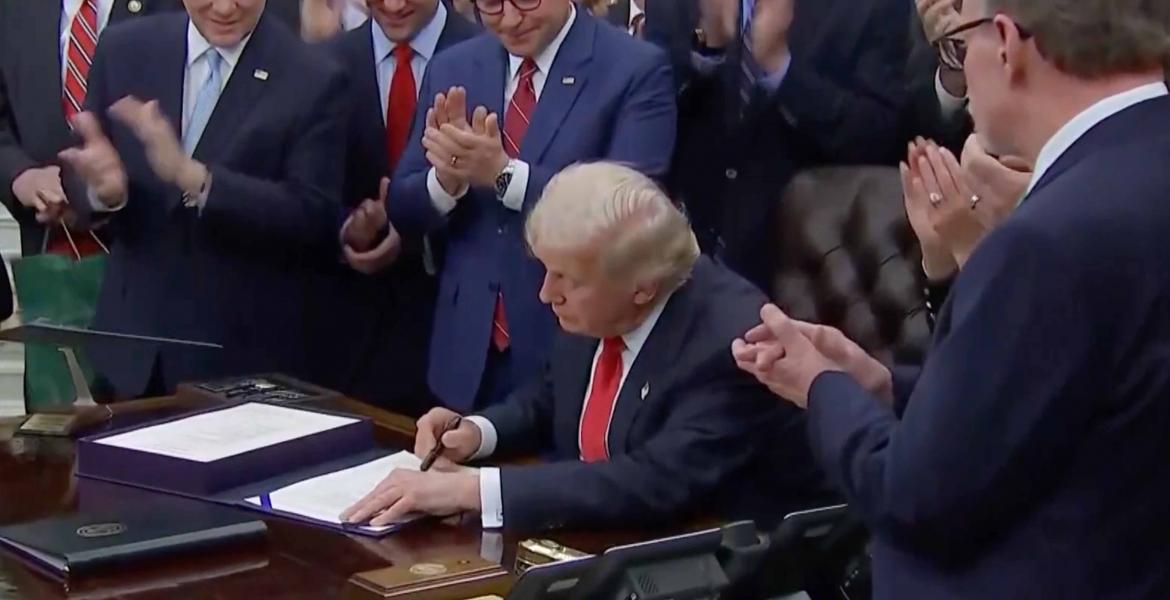Today, the House Agriculture Committee began a full-scale review of U.S. international food aid programs with a hearing focused on the nation’s international efforts to alleviate hunger and malnutrition and to enhance food security.
The U.S. government provides international food aid through a variety of programs administered by either the U.S. Agency for International Development (USAID) or the Foreign Agricultural Service (FAS) within the U.S. Department of Agriculture (USDA). Members of the committee and witnesses primarily addressed the current major food aid programs including Food for Peace, Food for Progress, the McGovern-Dole International Food for Education and Child Nutrition Program, and the Emergency Food Security Program. Discussions focused on the efficiency of the programs, potential areas of improvement, and the importance of maintaining an appropriate balance of in-kind and cash-based assistance.
“The United States has led global efforts in providing international food aid for more than 60 years, and U.S. agriculture producers have been central to those efforts,” said Agriculture Committee Chairman K. Michael Conaway. “With the global population expected to grow 30 percent by 2050, it is more important now than ever to review the efficiency of these programs in achieving their stated objectives. The Agricultural Act of 2014 made several important reforms to U.S. international food aid programs to improve efficiency. The Agriculture Committee will continue to monitor implementation of those changes as part of its review of international food aid programs in advance of the next farm bill. Though there are continued calls for reforms to these programs, any additional reforms should be debated in an open and transparent manner and should fully involve the agricultural community.”
Subscribe to the LIVE! Daily
Required






Post a comment to this article here: